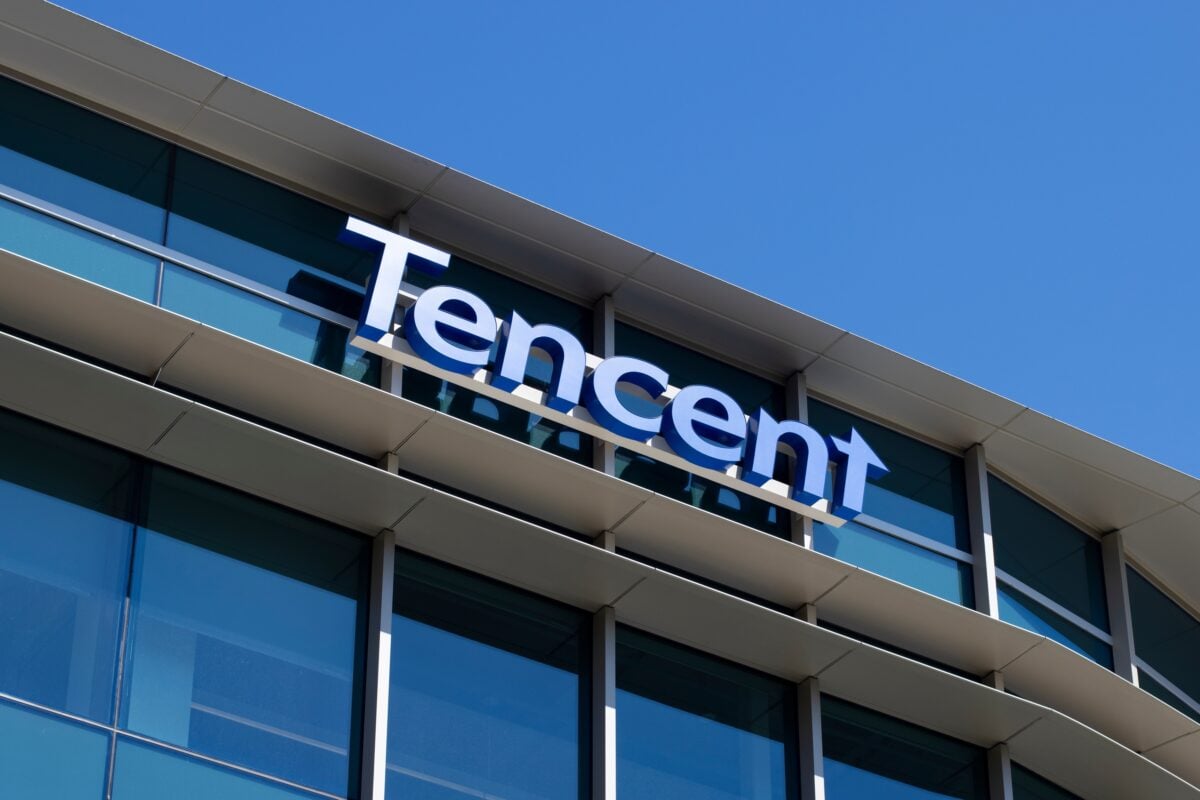TLDRs:
- Beijing urges Alibaba, JD.com, and Meituan to end aggressive subsidies and promotions.
- Tencent’s cautious AI spending gives it a competitive edge over rivals this summer.
- Food delivery wars cost Chinese giants $100B in market value since last year.
- Meituan expands into the Middle East despite domestic regulatory pressure.
China’s top tech companies face mounting pressure as regulators intensify oversight on aggressive market practices.
Alibaba, JD.com, and Meituan have been summoned to address what authorities call “disorderly competition,” reflecting Beijing’s broader strategy to rein in the nation’s largest digital platforms.
The three firms have collectively lost around US$100 billion in market value since late 2024 due to aggressive spending on subsidies, promotions, and recruitment aimed at attracting users in the food delivery and retail sectors.
Analysts warn that despite pledges to curb excessive competition, the companies are unlikely to scale back spending significantly as AI monetization remains years away.
Tencent Outperforms Peers
Tencent, which has exercised restraint in AI investment and reported higher-than-expected revenue, has outperformed its peers this summer.
The company’s cautious approach highlights the risks associated with costly rivalries in the sector, where subsidies and price wars have dominated growth strategies.
Meituan, meanwhile, is diversifying internationally, launching its Keeta food delivery app in Saudi Arabia and planning expansion to Qatar, Kuwait, Oman, and Bahrain over the next three years.
Regulators Crack Down
Beijing’s intervention is part of a wider crackdown that began in 2021, targeting concentrated market power among platforms such as Alibaba, Tencent, and Baidu.
The State Administration for Market Regulation has levied over 22 billion RMB in fines for anti-competitive practices, with Alibaba and Meituan specifically cited for exclusive dealing. Venture capital funding has also slowed, declining 1.14% monthly in industries affected by the 2021 Anti-Monopoly Guidelines.
Global Food Market Push
The online food delivery market in China is part of a rapidly growing global industry, valued at $288.84 billion in 2024 and expected to reach $505.50 billion by 2030, representing a 9.4% annual growth rate.
Morgan Stanley describes the current spending as a “prisoner’s dilemma,” where companies must invest heavily to maintain market share despite short-term losses.
While subsidies and price wars drive rapid expansion, the challenge for companies remains turning growth into sustainable profits. Operational logistics, competitive pricing, and expanding services , such as grocery delivery, add layers of complexity. Nevertheless, firms are willing to bear short-term losses to secure long-term consumer relationships, positioning themselves for dominance in a market poised for continued growth.
Beijing’s regulatory push, combined with global market opportunities, underscores the delicate balance Chinese tech giants must maintain between growth, profitability, and compliance. Tencent’s disciplined AI approach may serve as a blueprint for navigating this evolving landscape, while rivals weigh the costs of continued aggressive spending.


